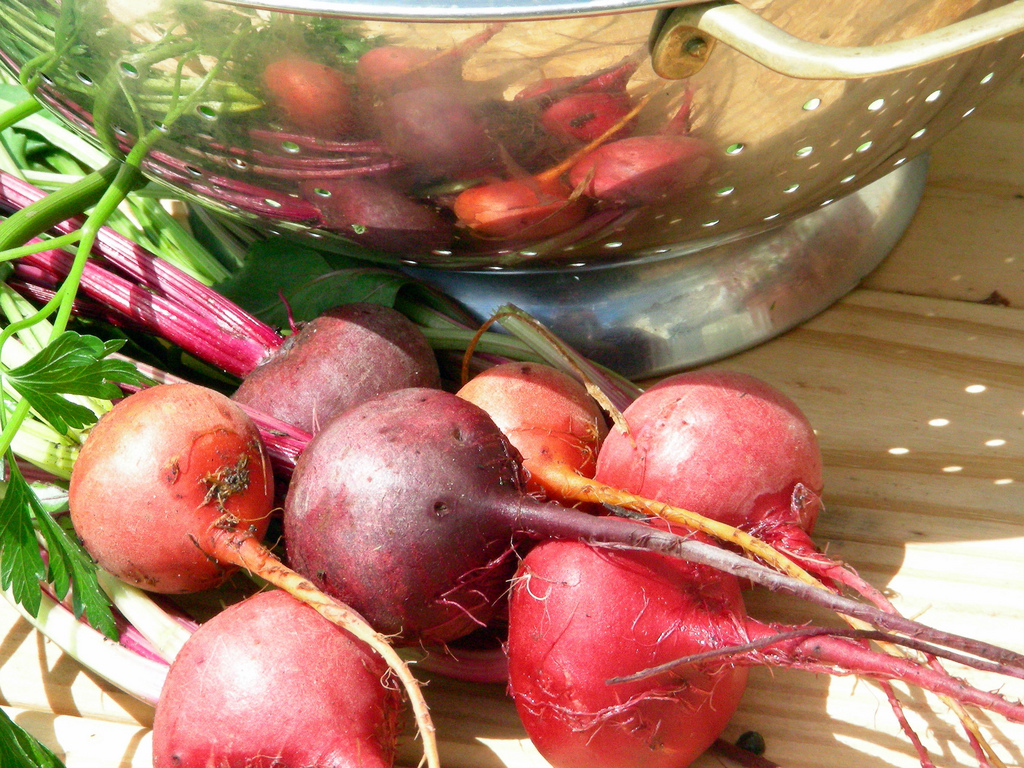 When I last posted, I left a bit of a cliff-hanger; having extolled the virtues of a food that has been used in hospitals as a cancer treatment, is a strong aphrodisiac, is good for sore throats and coughs, I then meandered off to prepare and deliver a lecture on heart health.
When I last posted, I left a bit of a cliff-hanger; having extolled the virtues of a food that has been used in hospitals as a cancer treatment, is a strong aphrodisiac, is good for sore throats and coughs, I then meandered off to prepare and deliver a lecture on heart health.
The 5 Deadly Myths of Heart Disease, I am happy to report, went swimmingly. It was a full house and I had almost everyone's rapt attention. The questions following the lecture were interesting and challenging. I am already looking forward to my next lecture.
Nonetheless, the emphasis on the seminar and its aftermath resulted in this blog lying fallow for a few days more than intended. Fortunately, I can now reveal the answer to the question, and the fact that there was a winner to this quiz.
But this particular winner has a twist. My answer -- the one I intended for selection -- was the lowly, unassuming beet.
According to medical anthropologist John Heinerman, beets and Swiss chard (Beta vulgaris and Beta vulg. cicla), beets have proven cancer-fighting effects. Not only as a preventative measure, but to reduce and eliminate existing tumors.
According to Heinerman, in the late 1950s, Alexander Ferenczi, MD, studied the use of beets to fight cancer at the district hospital at Csoma, Hungary. But it wasn't until the 1980s when this research was widely dispersed, having been translated and printed in the International Clinical Nutrition Review. Using beets alone, Dr. Ferenczi was able to successfully eliminate tumors in lung and prostate cancers.
Swiss chard, on the other hand, has classically been used to treate coughing, glandular swelling and sore throat. A poultice is prepared from the Swiss chard, and applied to the affected areas. (If anyone wants information on how to prepare such a poultice, please email me).
Finally, beetroot juice has been used for centuries as an aphrodisiac. Reasons for this vary; some sources state that it is because beetroot juice is rich in boron, which is used in the production of sex hormones, but I suspect there are other reasons for this reputation.
For more on the marvelous beet, go here.
Which leads us to the winner of this quiz, who, as it turns out, did not answer correctly. Or, at least, she did not give me the answer that I was thinking of.
This quiz winner instead, suggested asparagus as the food in question. And, as I researched it, it turns out that asparagus does in fact meet the criteria I suggested in that post.
Asparagus does has a strong history of use as a cancer-fighting agent, though its use in hospitals remains somewhat unclear. Asparagus officinalis is also used as a homeopathic remedy for sore throat, and used in Asian medicine for coughs. Traditional chinese medicine employs asparagus (tian men dong) to "clear lung heat" and "nourish kidney yin."
Finally, asparagus has a long and honored history as an aphrodisiac, most likely due to its shape rather than for any particular nutrient components.
So even though asparagus was not the desired answer, it turns out that asparagus is also a correct answer. So my hat is off to you, dear winner, for instructing the instructor, teaching the teacher, and getting 10% off of your next purchase from our dispensary!
This week, we will be returning to our regular schedule of Friday quiz and Wednesday answers, so keep your browsers at the ready.
Dr. Avery Jenkins is a chiropractic physician specializing in the treatment of people with chronic disorders. He can be reached at alj@docaltmed.com or by calling 860-567-5727.